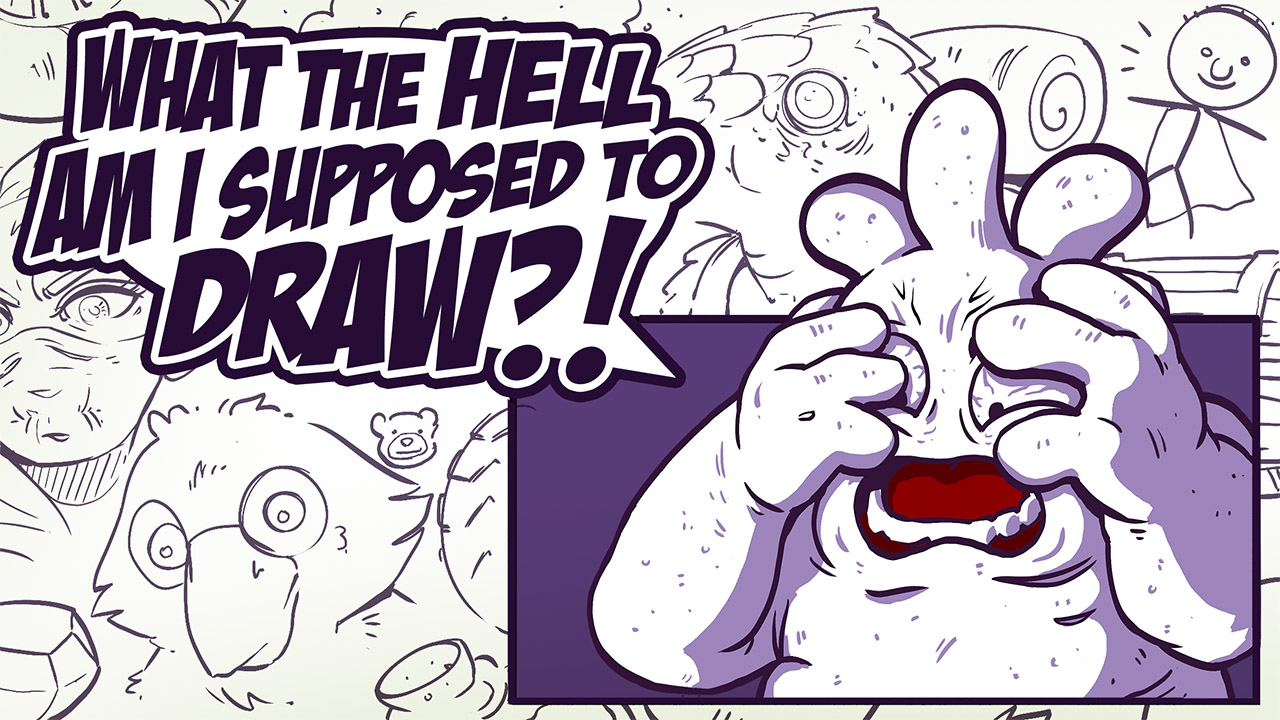1:12 PM, Friday July 3rd 2020
Thank you very much for the critique Jac. I really appreciate it and will continue to work on my exercises. Thanks for pointing out my tendencies to arch the lines (I did not go over the lines with a ruler) and the other errors elsewhere.
Because you took so much time helping me out, I will take the time to offer my 2 cents to other people's work with the same amount of attention you've showed me. Thanks again and have a great week!
Best,
Dredd






















